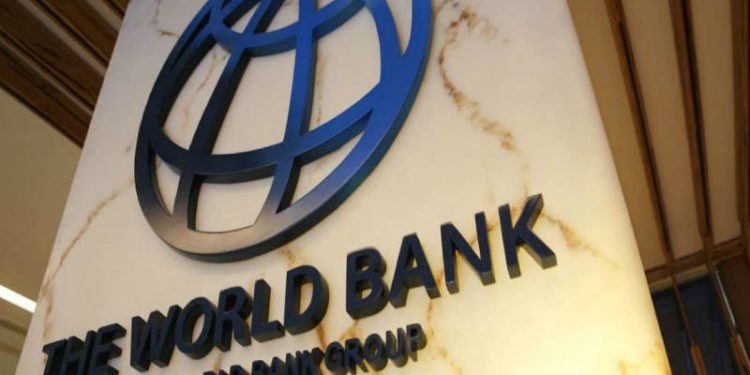The bank said in an Africa’s Pulse report that the recovery would also be driven by higher demand for local commodity exports but warned that the country still faced serious impediments to sustained growth.
The bank said restrictions imposed to curb a second wave of Covid-19, fiscal tightening, high unemployment, along with power cuts, would prevent a stronger recovery in gross domestic product (GDP).
“South Africa’s real GDP is expected to rebound from an estimated 7 percent contraction in 2020 to growth of 3 percent in 2021, slightly up from 2.6 percent in the October forecast,” it said.
“Growth is projected to moderate to 1.9 percent in 2022, as pre-existing structural constraints, such as electricity shortages, persist.”
High commodity prices are supportive of domestic growth as the JSE’s Resource 10 index rose to a 12-year high in January as oil, liquid natural gas, iron ore and copper surged to 9-year highs.
The World Bank’s forecast was, however, slightly less optimistic than the SA Reserve Bank and the National Treasury, both of which expect the economy to rebound by 3.3 percent and 3.8 percent this year, respectively.
The bank’s biannual economic analysis for sub-Saharan Africa showed that growth in the region was forecast to rise between 2.3 and 3.4 percent in 2021, depending on the policies adopted by countries and the international community.
World Bank chief economist for Africa Albert Zeufack said a second wave of Covid-19 infections was partly dragging down the 2021 growth projections.
“African countries have made tremendous investments over the last year to keep their economies afloat and protect the lives and livelihoods of their people,” Zeufack said.
“Ambitious reforms that support job creation, strengthen equitable growth, protect the vulnerable and contribute to environmental sustainability will be key to bolstering those efforts going forward toward a stronger recovery across the African continent.”
Meanwhile, the UN’s Economic Commission for Africa (ECA) yesterday also issued a consensus forecast for the continent.
ECA director for macroeconomics division Bartholomew Armah said Africa’s GDP was projected to expand by 3.4 percent in 2021 following a contraction of 3.4 percent in 2020.
The 2021 World Economic Situation & Prospects report underscored that African countries need strong policy actions and further support from the international community to sustain a resilient recovery.
Armah said African countries need to lay the groundwork for a strong and inclusive development path in the medium term.
“Forceful policy actions in the areas of technology adoption, climate resilience and domestic revenue mobilisation are crucial elements of a strong and inclusive development path Africa must take to ensure sustained economic recovery.”









